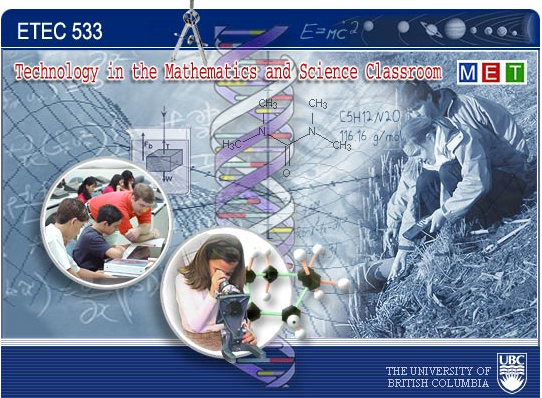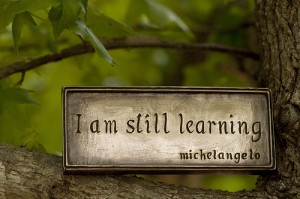In this post, I did think about the WISE platform and how it embedded learning to a point where learners doesn’t think twice in doing the activities and they just progress in their thoughts without knowing or thinking about it. WISE is a platform where teachers can create and develop, and where learners will learn, experiment, chat, exchange and negociate ideas, and where learning is happening.
I believe the motivation behind WISE was to sustain learning through inquiry. Linn et al. (2003) define inquiry as “…engaging students in the intentional process of diagnosing problems, critiquing experiments, distinguishing alternatives, planning investigations, revising views, researching conjectures, searching for information, constructing models, debating with peers, communicating to diverse audiences, and forming coherent arguments.” At that point, they developed the Web-based Inquiry Science Environment (WISE).
Projects in WISE are developed by teachers and are supported by curriculum objectives. As it is through the internet, students need to use technology to connect to those projects. It offers a great opportunity to gain knowledge on the use of 21st Century tools available to them. While using the technology, the learners connect with peers across the country and have possibilities to discuss subjects of interest with them. They build knowledge on science but also gain skills and new ideas.
One project I found interesting and that I could relate and use in my classroom is: Investigating Planetary Motion and Seasons. This project connects with my curriculum and it is a unit that I will be working on very soon with my students. I found interesting ideas in this project, and I believe I would use it in with my students to deepen their understanding of the planet movement and the seasons and how the phases of the moon have an influence here. One problem i could notice is that I am working in french in my school and all of these are great ideas, but they don’t come in french and I did not find anything like it in french. Meaning, there would be a lot of work translating this activity in french for my students. At this point, this is not an option. But I could see the potential for science in schools.
Cheers,
- Linn, M., Clark, D., & Slotta, J. (2003). Wise design for knowledge integration. Science Education, 87(4), 517-538. http://onlinelibrary.wiley.com/doi/10.1002/sce.10086/abstract

